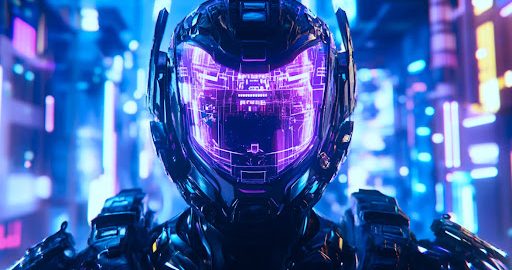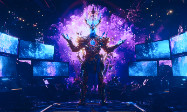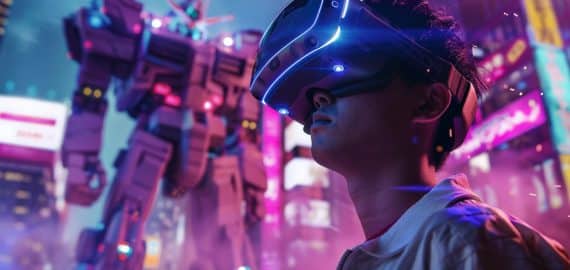Anticipating the Future of Web3 Gaming Platforms: What Awaits Us?
The concept of cross-platform gaming holds significant promise for the future of Web3 gaming. Gamers are now able to switch between devices effortlessly, allowing them to save progress, achievements, and in-game possessions along the way. This capability fosters a diverse and inclusive gaming environment, appealing to a broad spectrum of gaming preferences. The platform encourages players to connect with one another, regardless of their device choice.
The play-to-earn model currently stands out as one of the most groundbreaking features of Web3 gaming platforms. It enables players to convert their virtual activities into genuine real-world value, significantly altering the landscape of gaming.
Beyond just offering leisure, the play-to-earn framework unveils lucrative opportunities for gamers pursuing professional paths in the Web3 space. Given the decentralized nature of Web3, professional gamers can directly benefit from their talents and achievements, breaking away from traditional esports norms where companies often monopolize revenue streams.
The Fusion of Decentralized Finance and In-Game Economies
Players will gain enhanced control over their in-game earnings and assets as traditional centralized payment methods are phased out. Smart contracts driven by blockchain technology pave the way for automated and transparent transactions, enriching user experience and expanding economic opportunities within these virtual realms.
Cryptocurrencies are redefining the landscape of in-game transactions within Web3 gaming. By leveraging NFTs and tokenization, ownership and transfer protocols for in-game items are undergoing significant transformation. Cryptocurrencies serve as the primary currency for these transactions, eliminating intermediaries and facilitating quicker, more secure exchanges.
On the technology front, the horizon looks bright for Web3 gaming systems. The anticipated integration of augmented reality (AR) and virtual reality (VR) is set to amplify the levels of immersion in gaming experiences.
The evolution of artificial intelligence (AI) is expected to greatly influence the trajectory of Web3 gaming. With advanced AI, non-player characters (NPCs) will become more lifelike, able to respond to player actions in real-time, ultimately leading to more personalized and dynamic gameplay. The marriage of AI with Web3 will foster a gaming ecosystem that learns, adapts, and interacts seamlessly with the decentralized environment.
Opportunities in the Web3 Gaming Landscape
While the future for Web3 gaming platforms appears bright, there are hurdles to overcome. A significant challenge lies in scalability, particularly as it pertains to managing large blockchain transactions. Existing blockchain frameworks may struggle with processing demands as user numbers and transaction rates increase, potentially leading to slowdowns and delays.
To address these scaling challenges, the gaming industry is actively pursuing innovative solutions. Various blockchain projects are exploring advancements like sharding and layer 2 scaling strategies. Sharding, for instance, involves dividing the blockchain into smaller, manageable segments, enabling multiple transactions to occur simultaneously, thus boosting overall transaction throughput.
Disclaimer
In line with the Trust Project guidelines Please be aware that the information on this page is not intended as legal, tax, investment, or financial advice. It's crucial to only invest what you can afford to lose, and we recommend seeking independent financial guidance if you're uncertain. To ensure your understanding, please review the terms and conditions along with the support resources offered by the issuer or advertiser. MetaversePost strives for accurate and unbiased reporting, but be mindful that market conditions can change unexpectedly.







